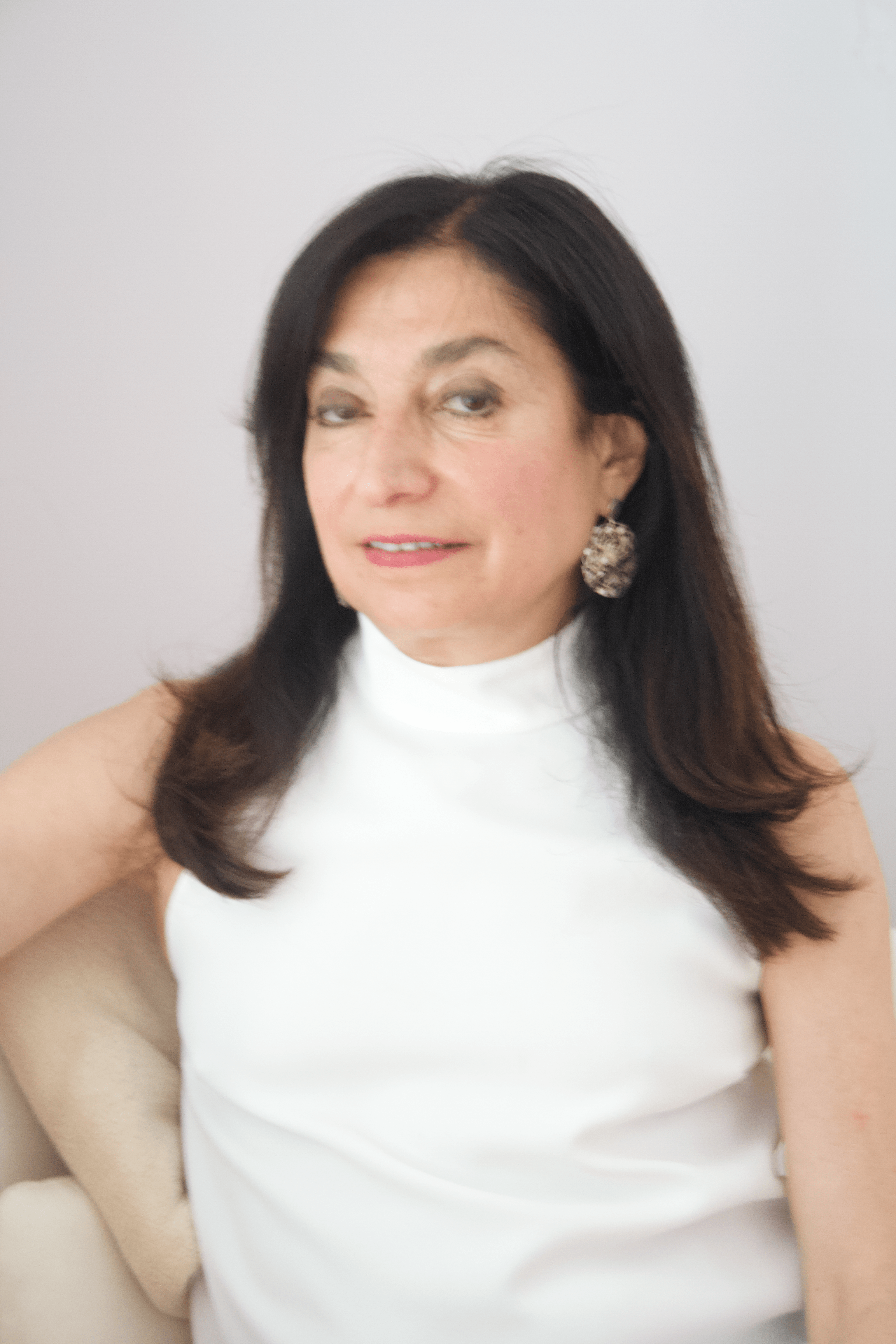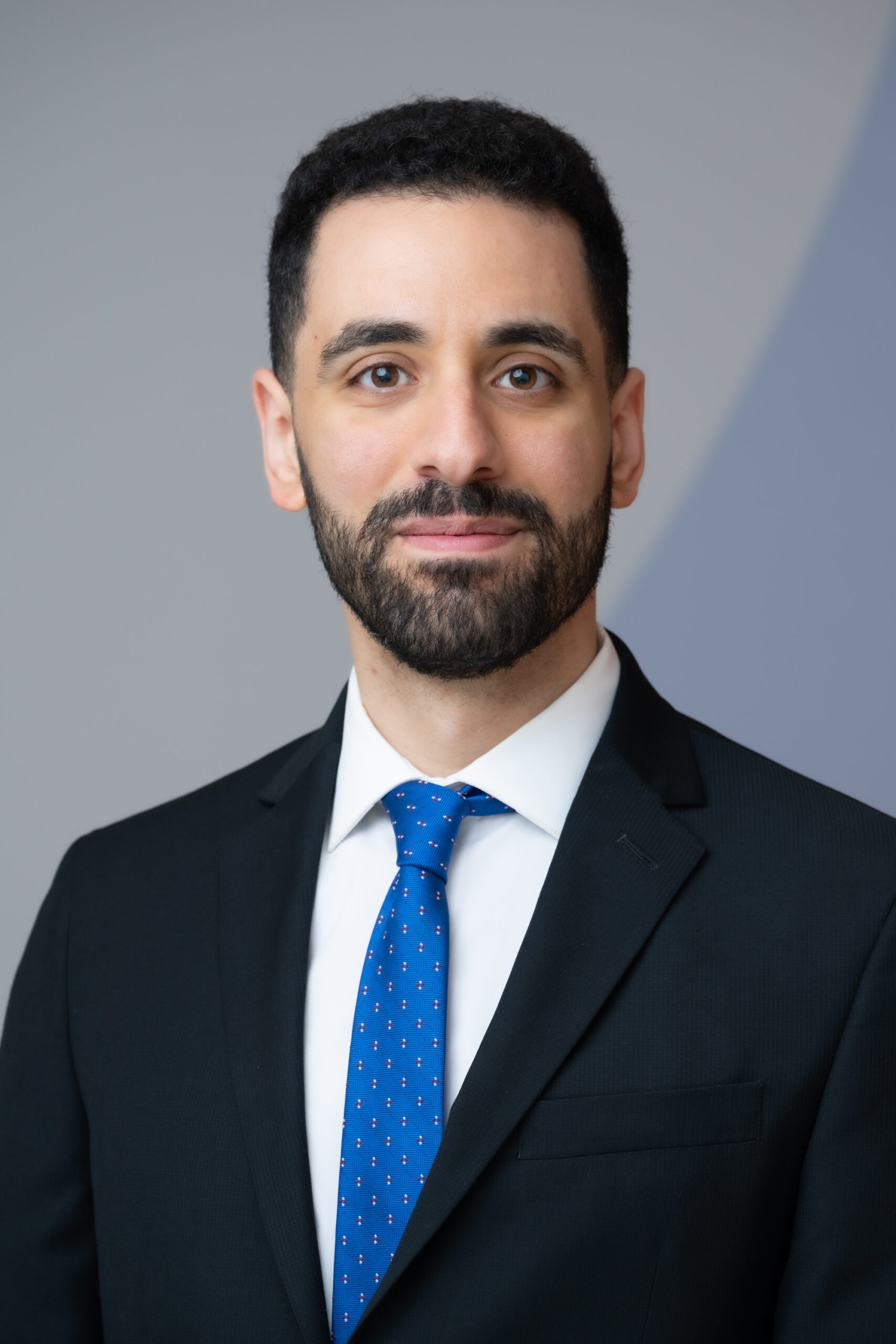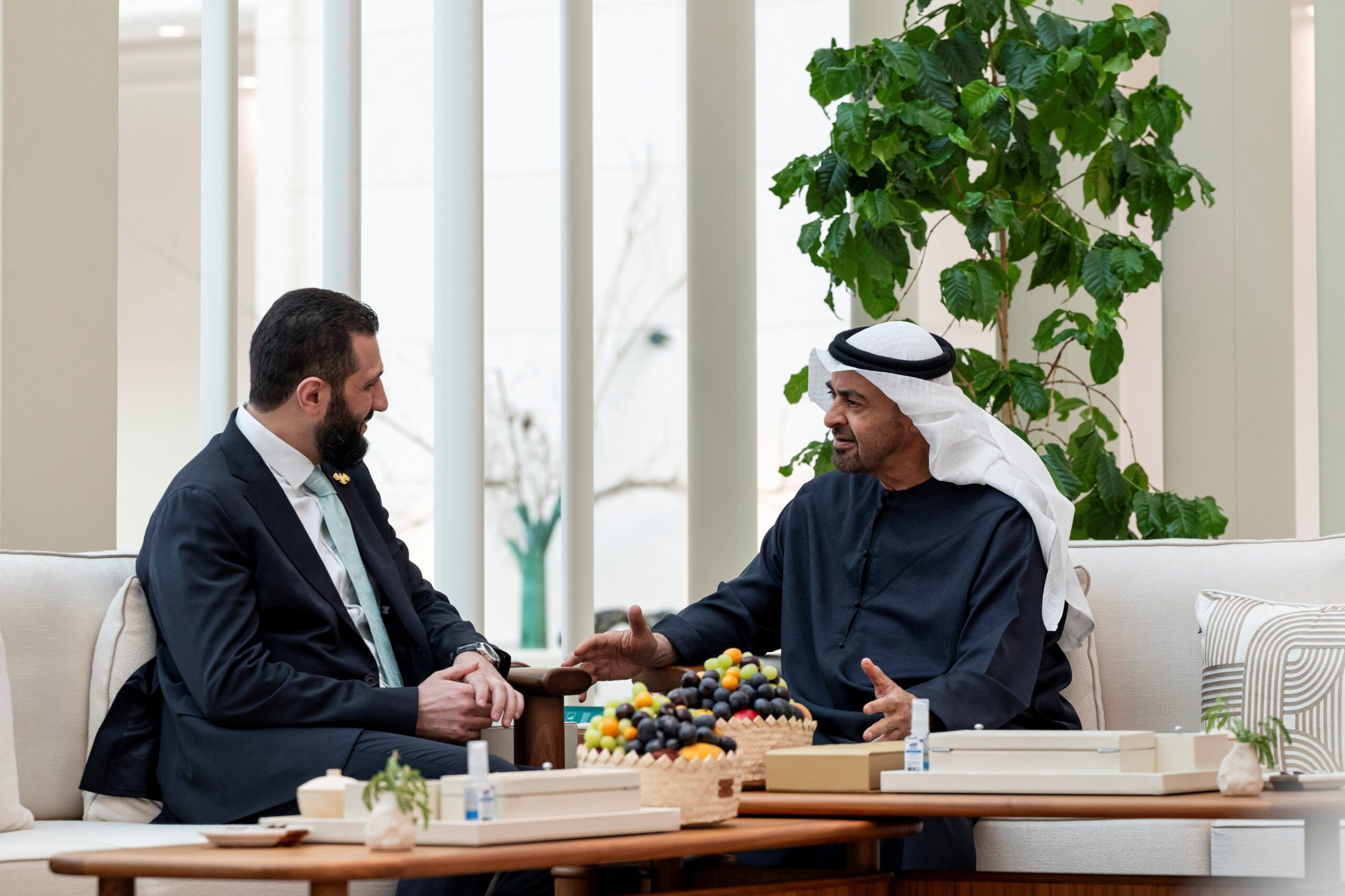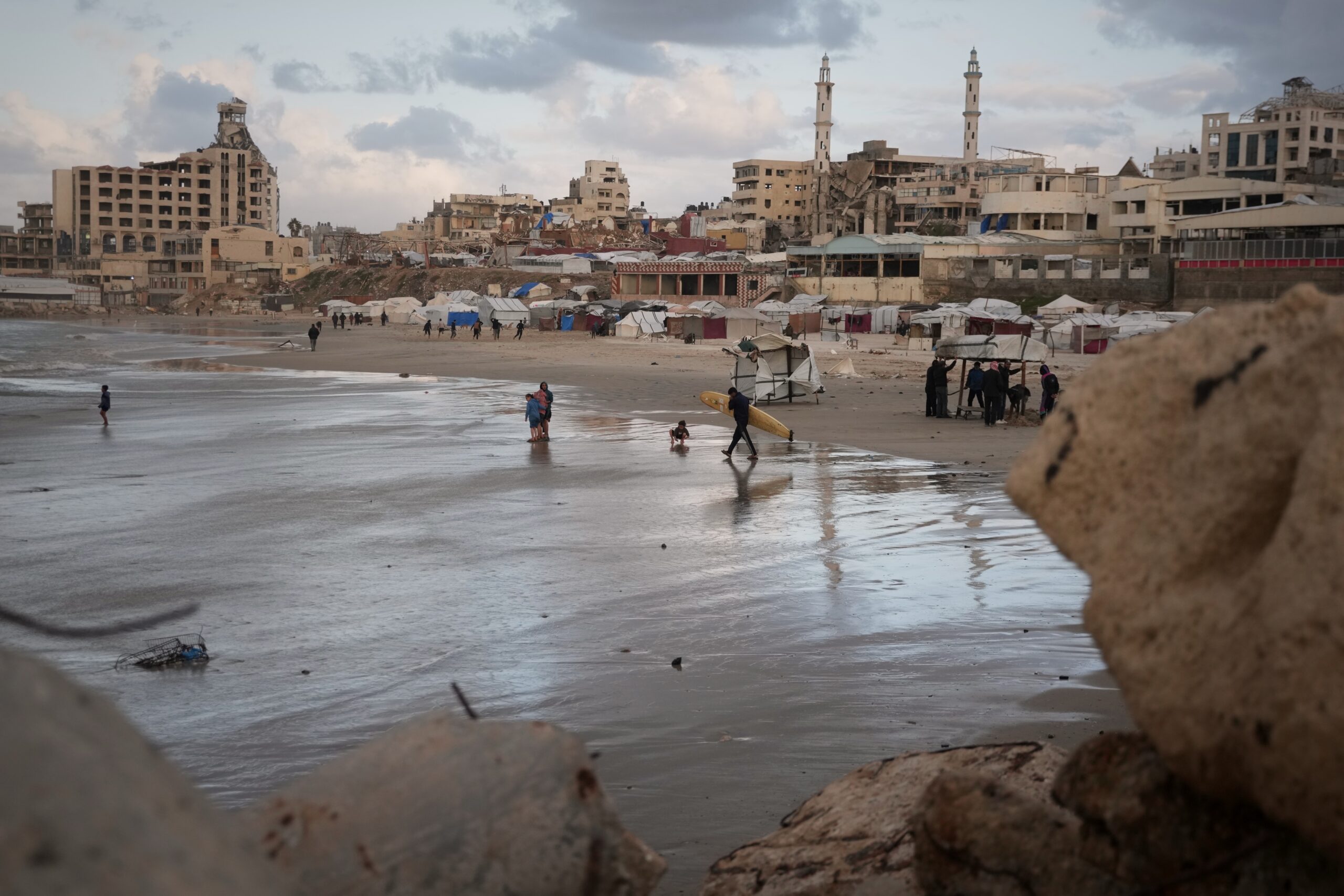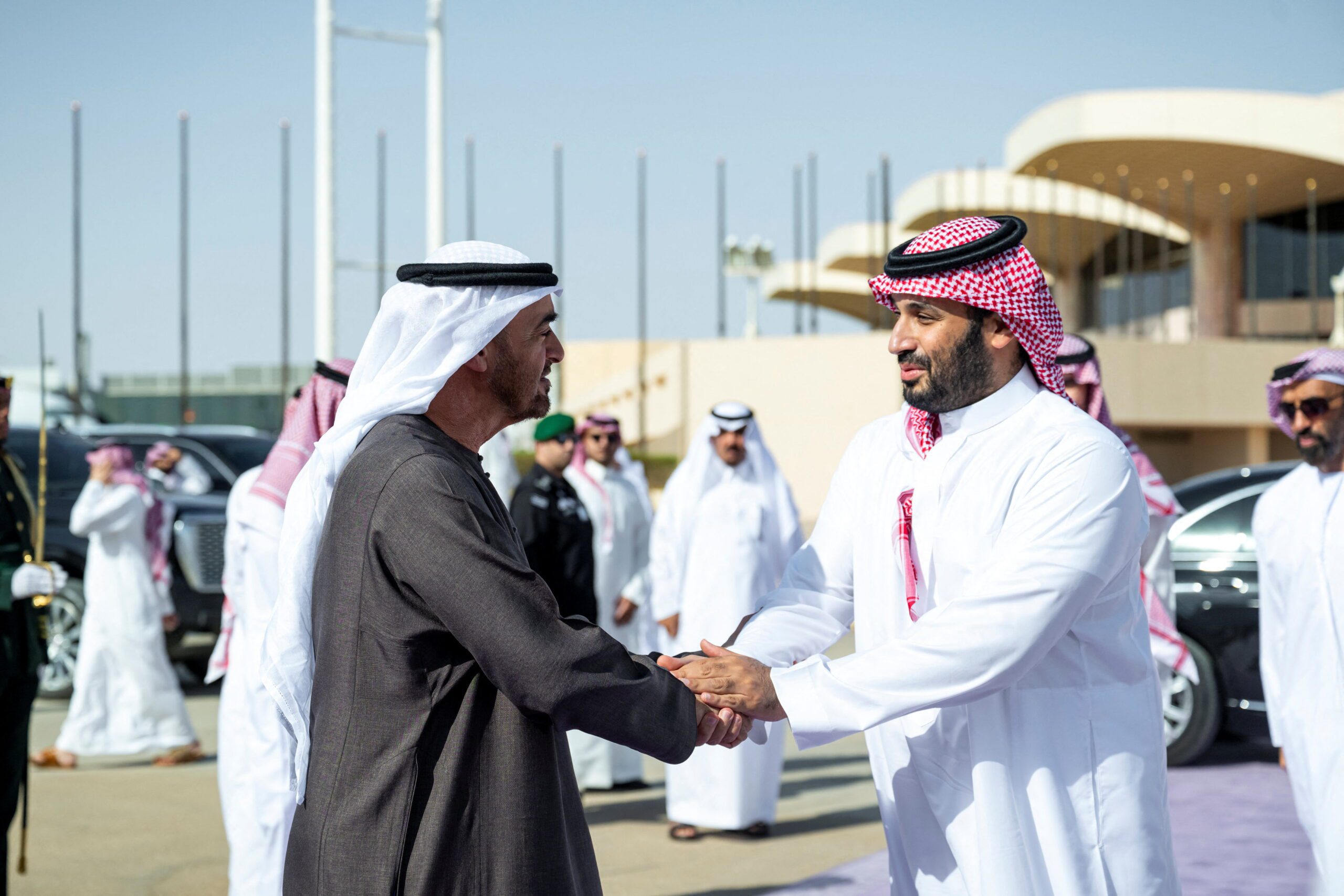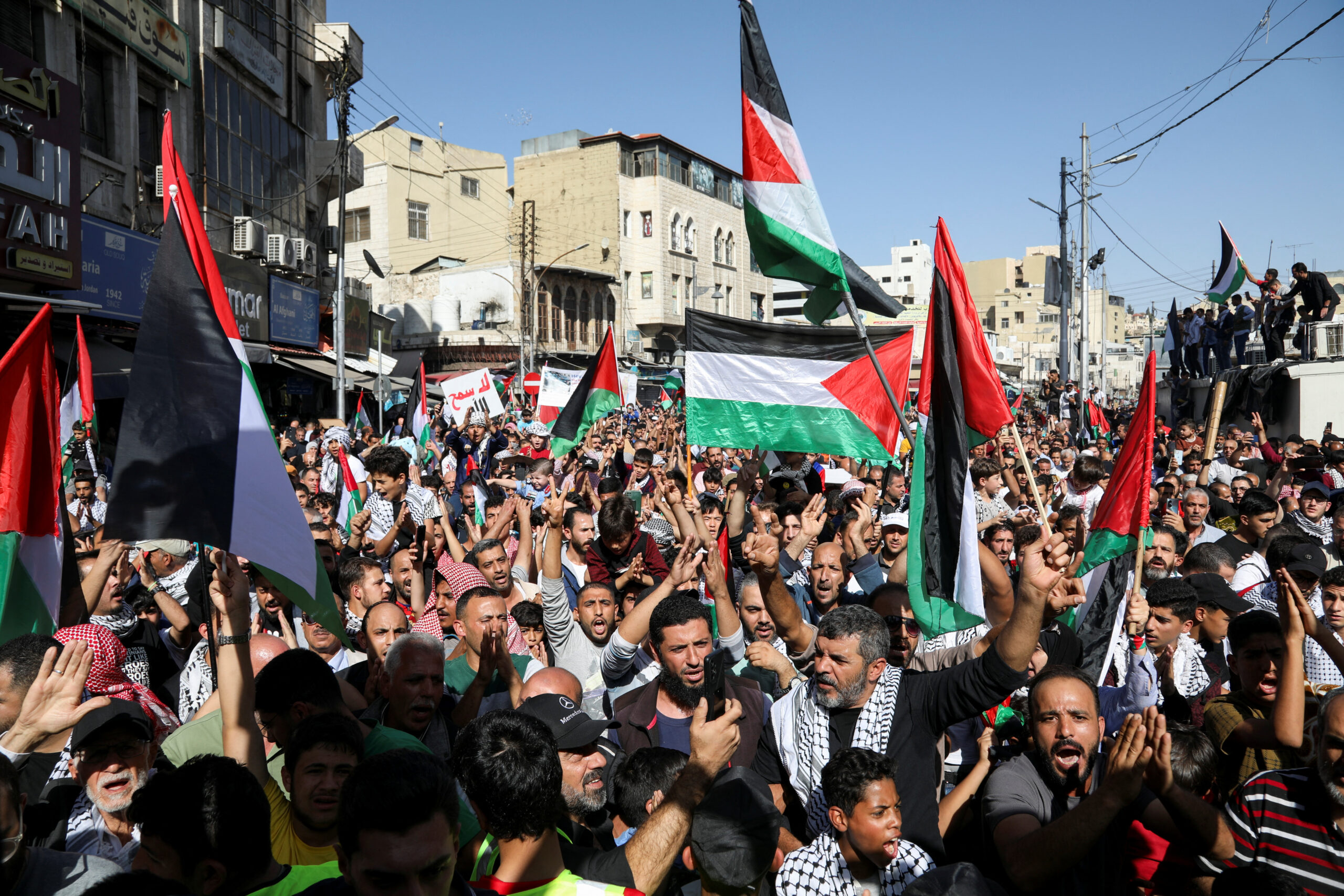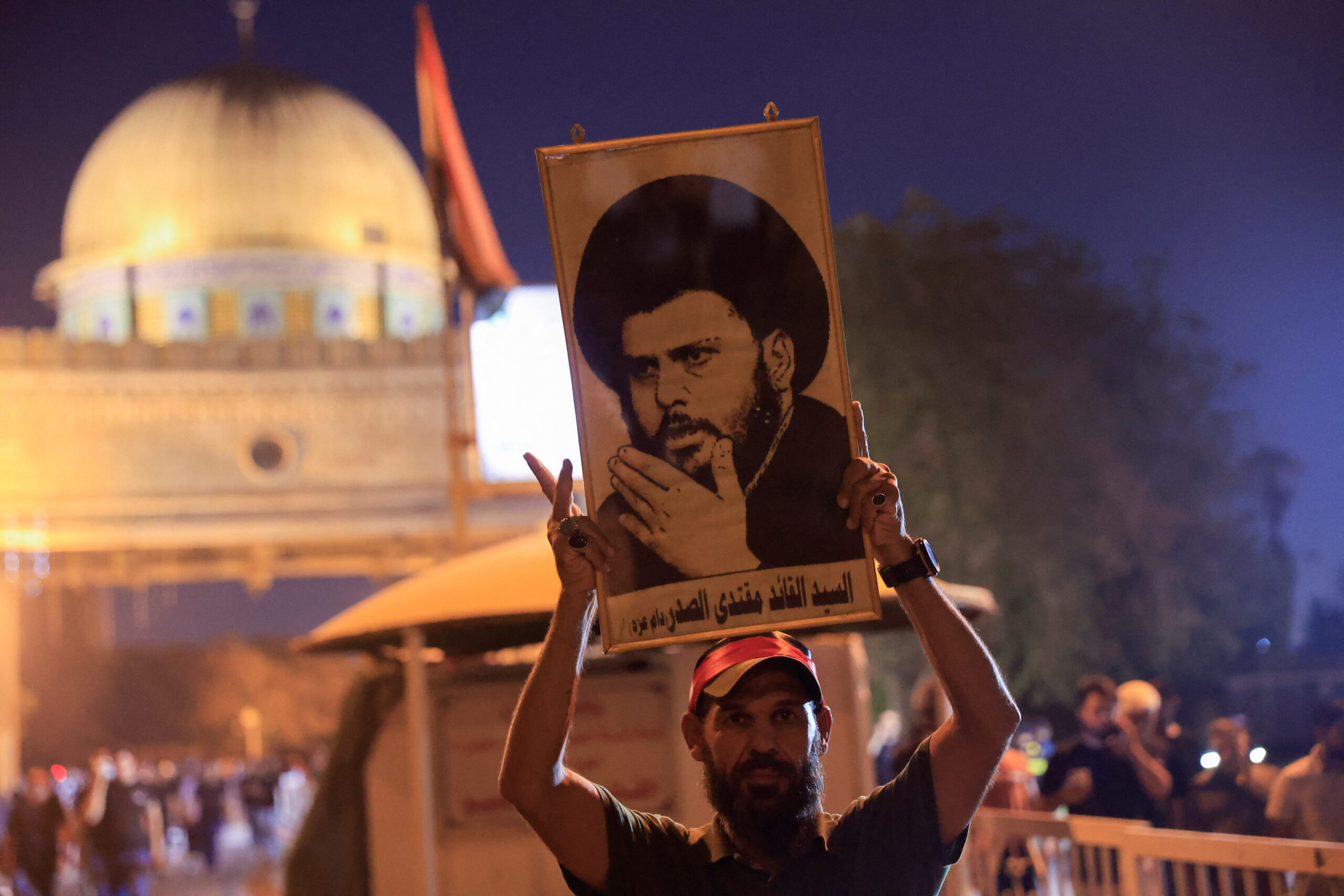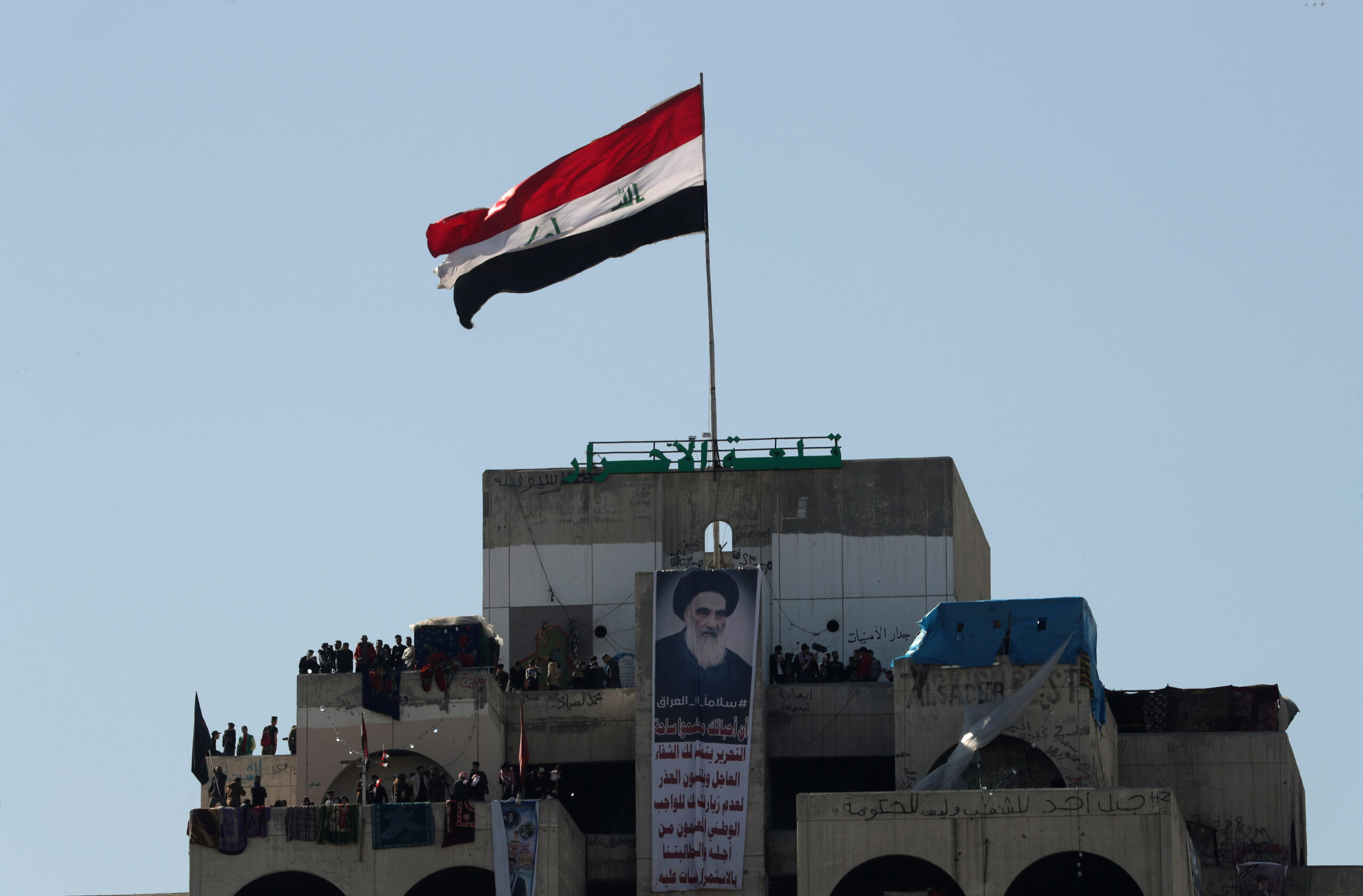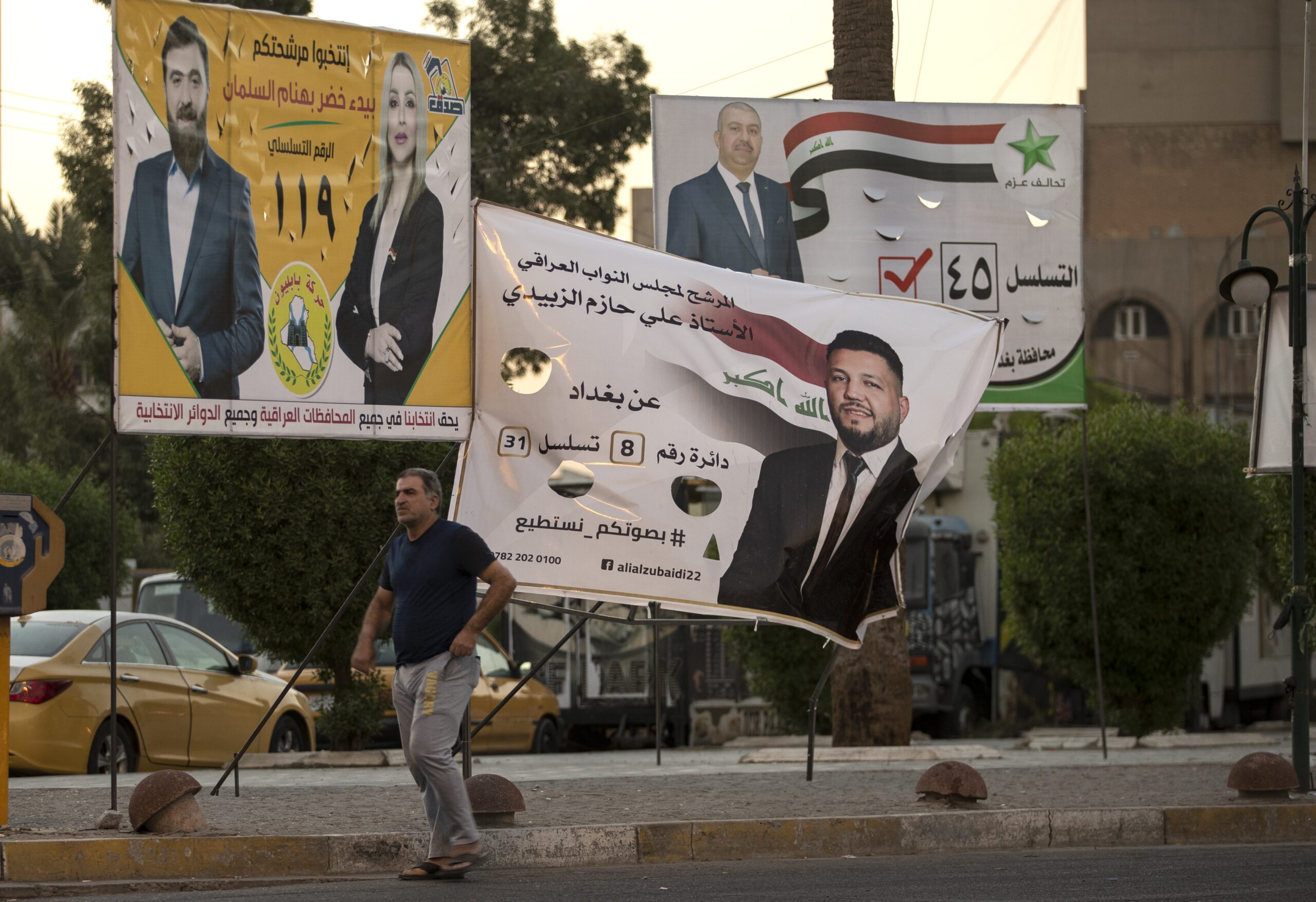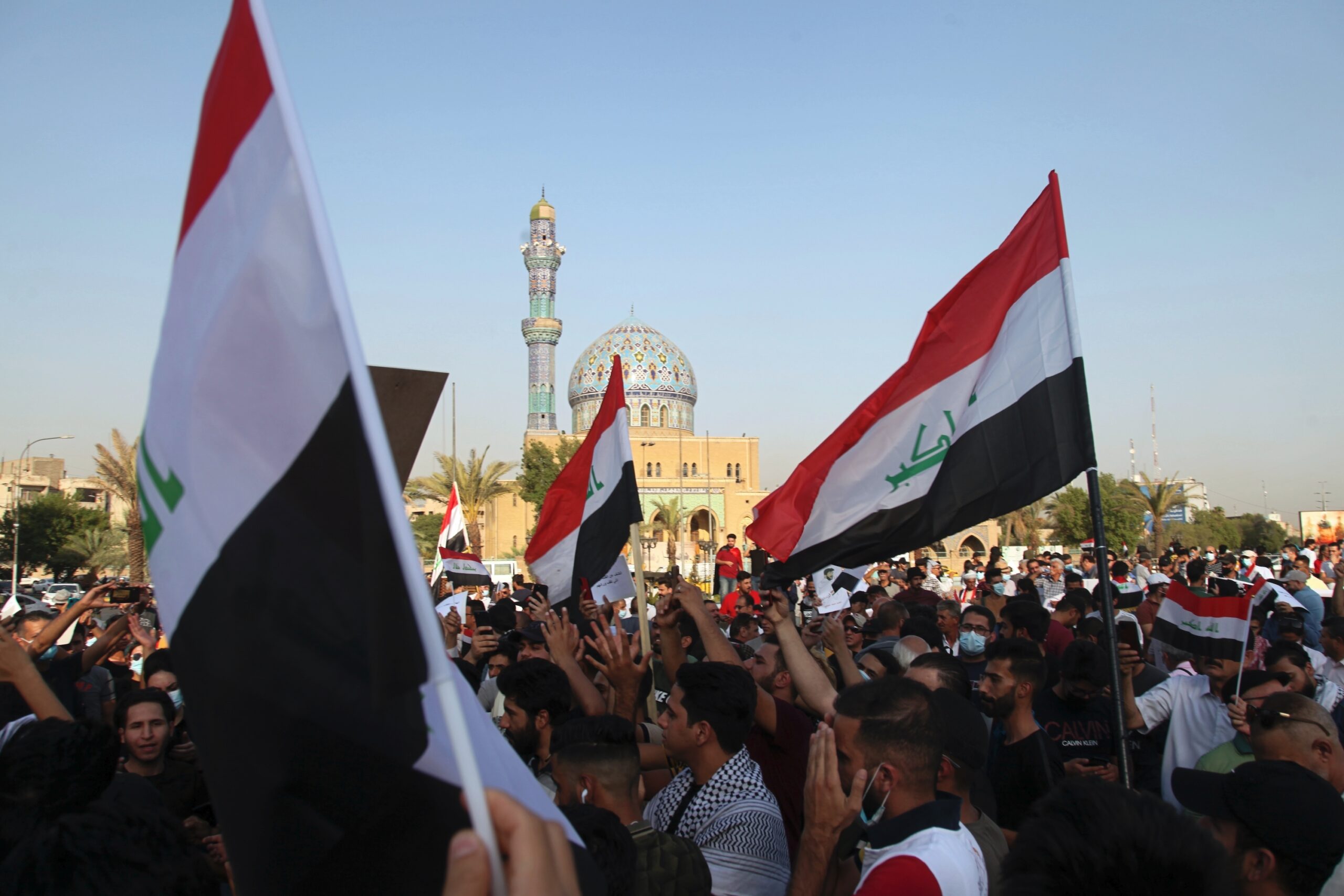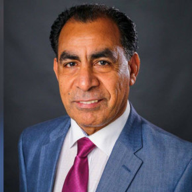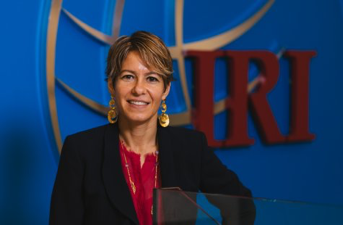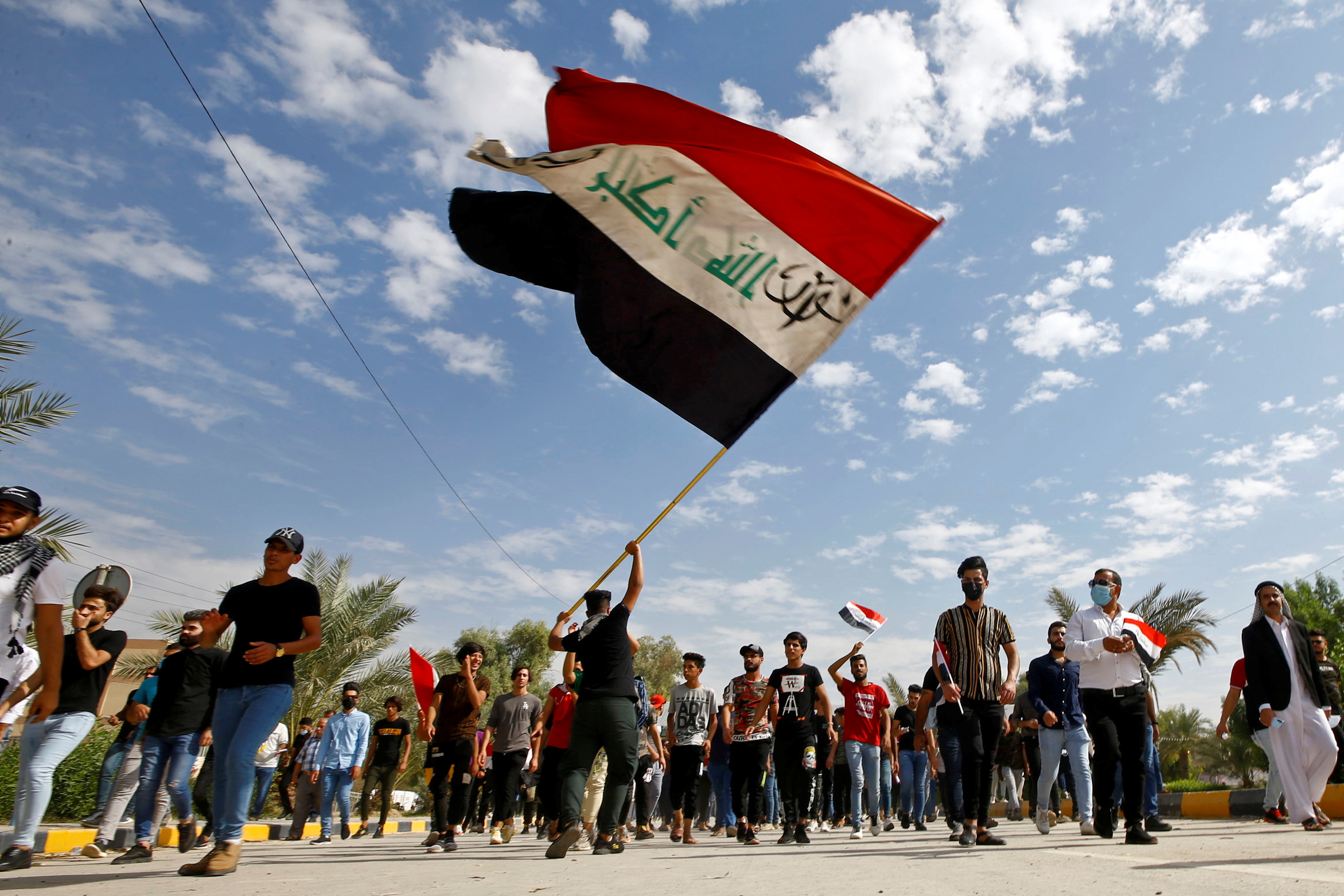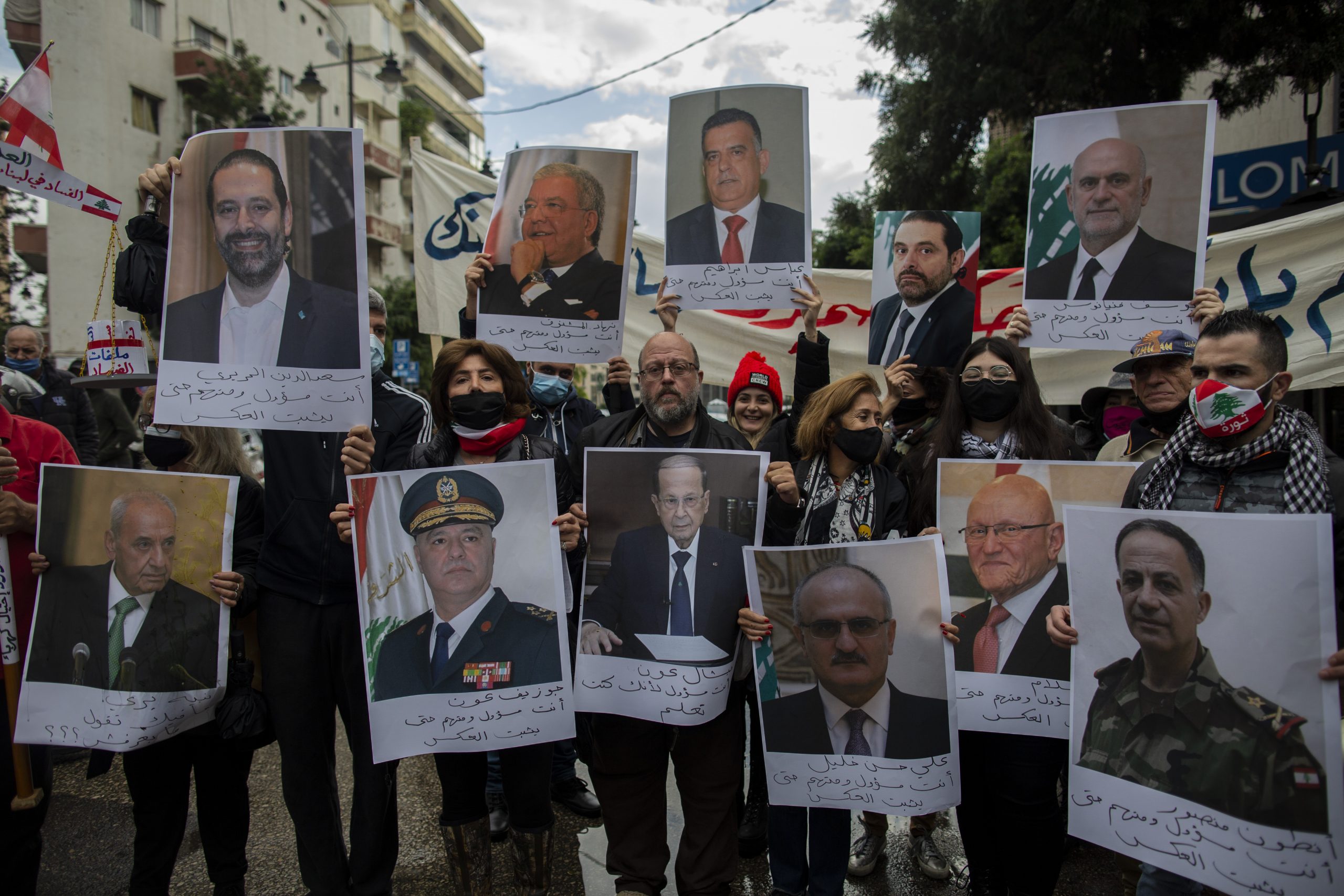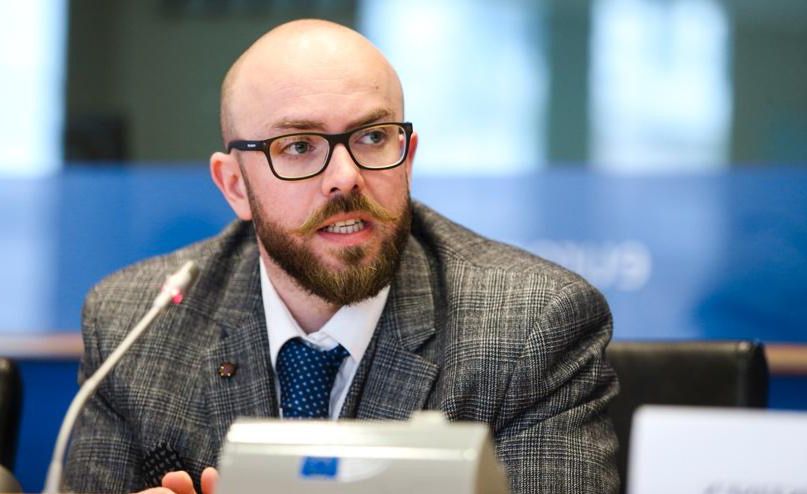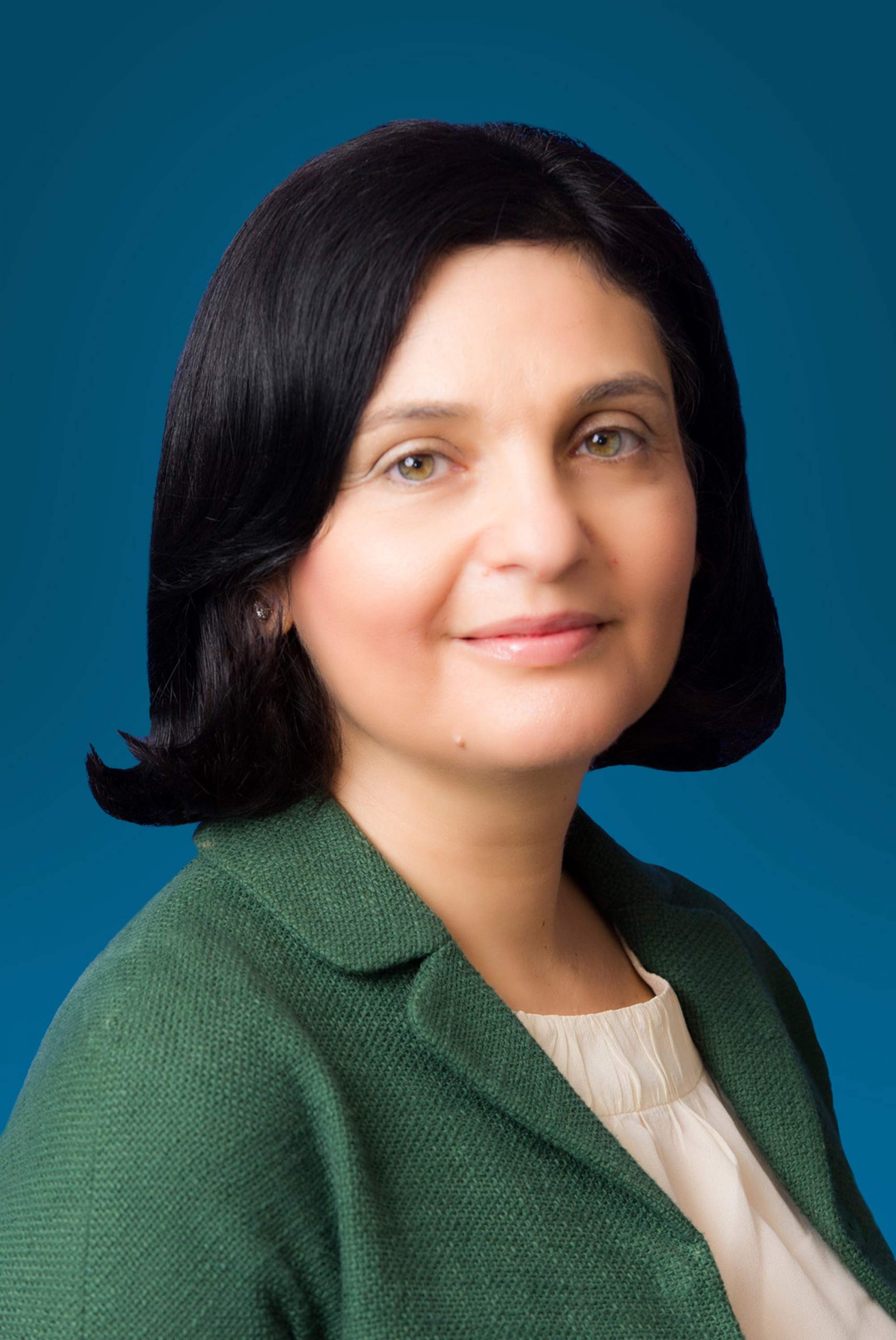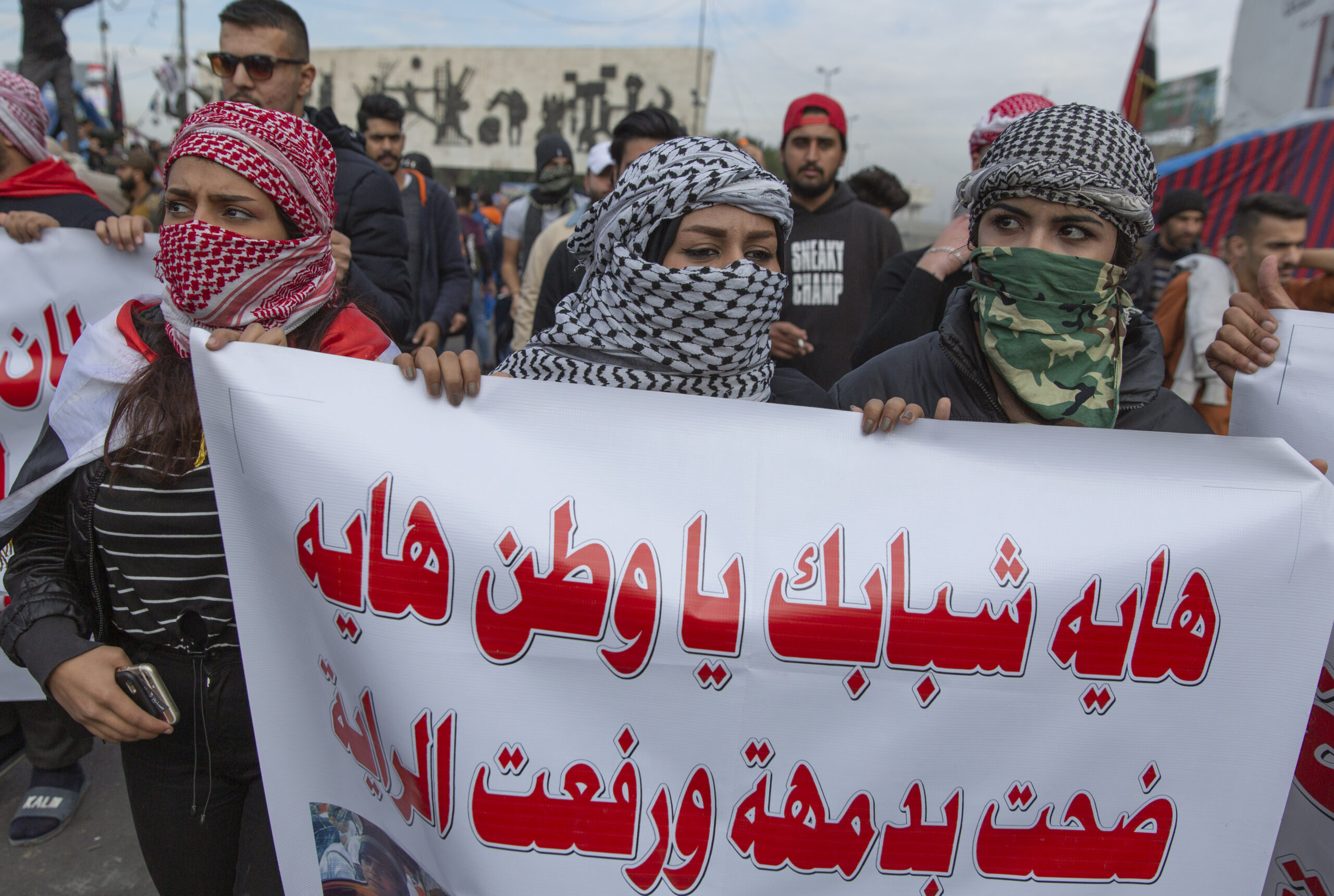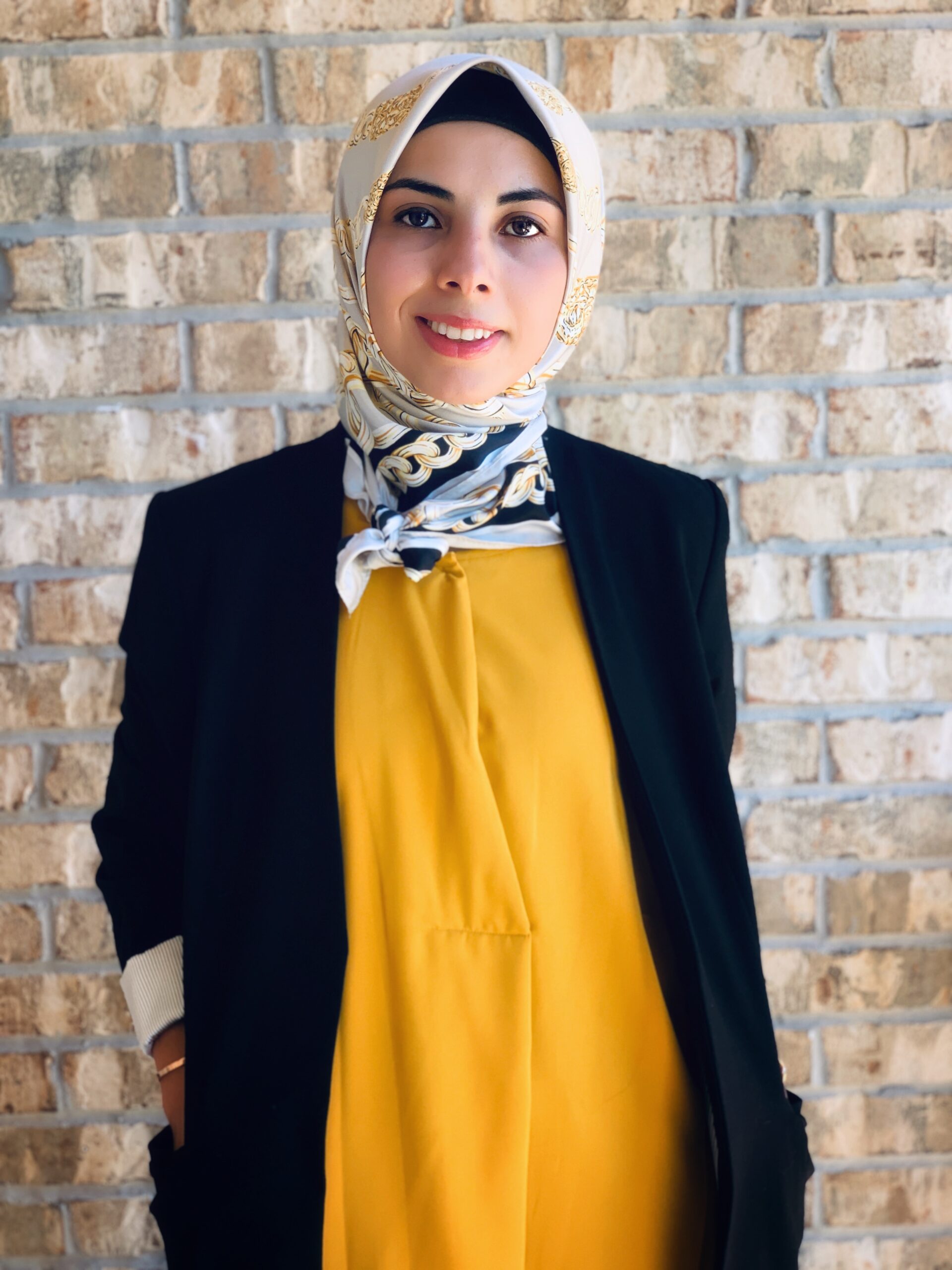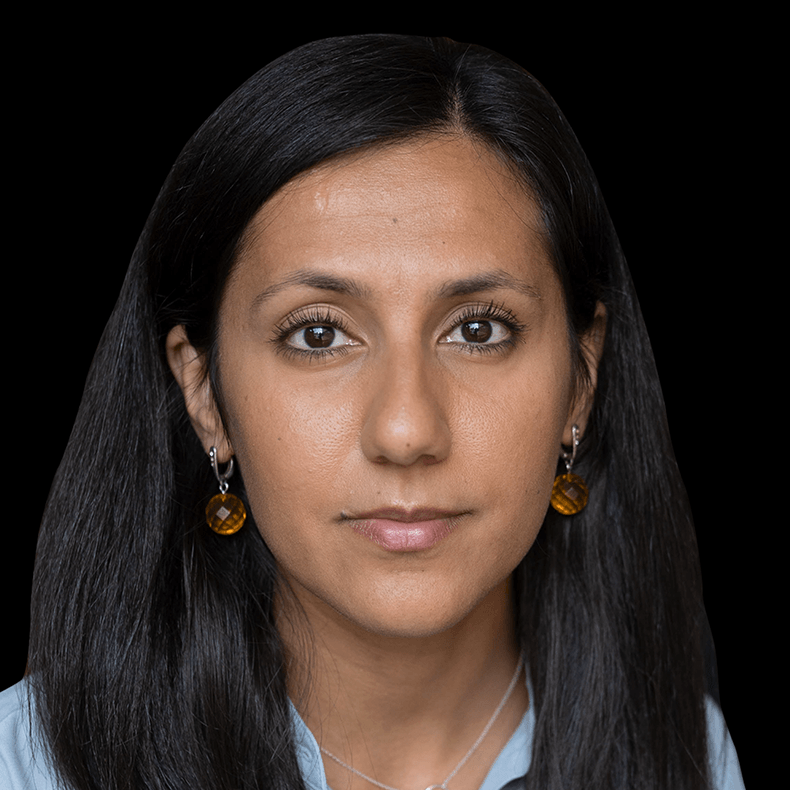Iraq Protest Movement Defies Odds, Outperforms in Elections
Results from Iraq’s elections show that a determined young generation can organize and win seats, no matter the obstacles placed in the way by a political system most Iraqis lost faith in long ago.
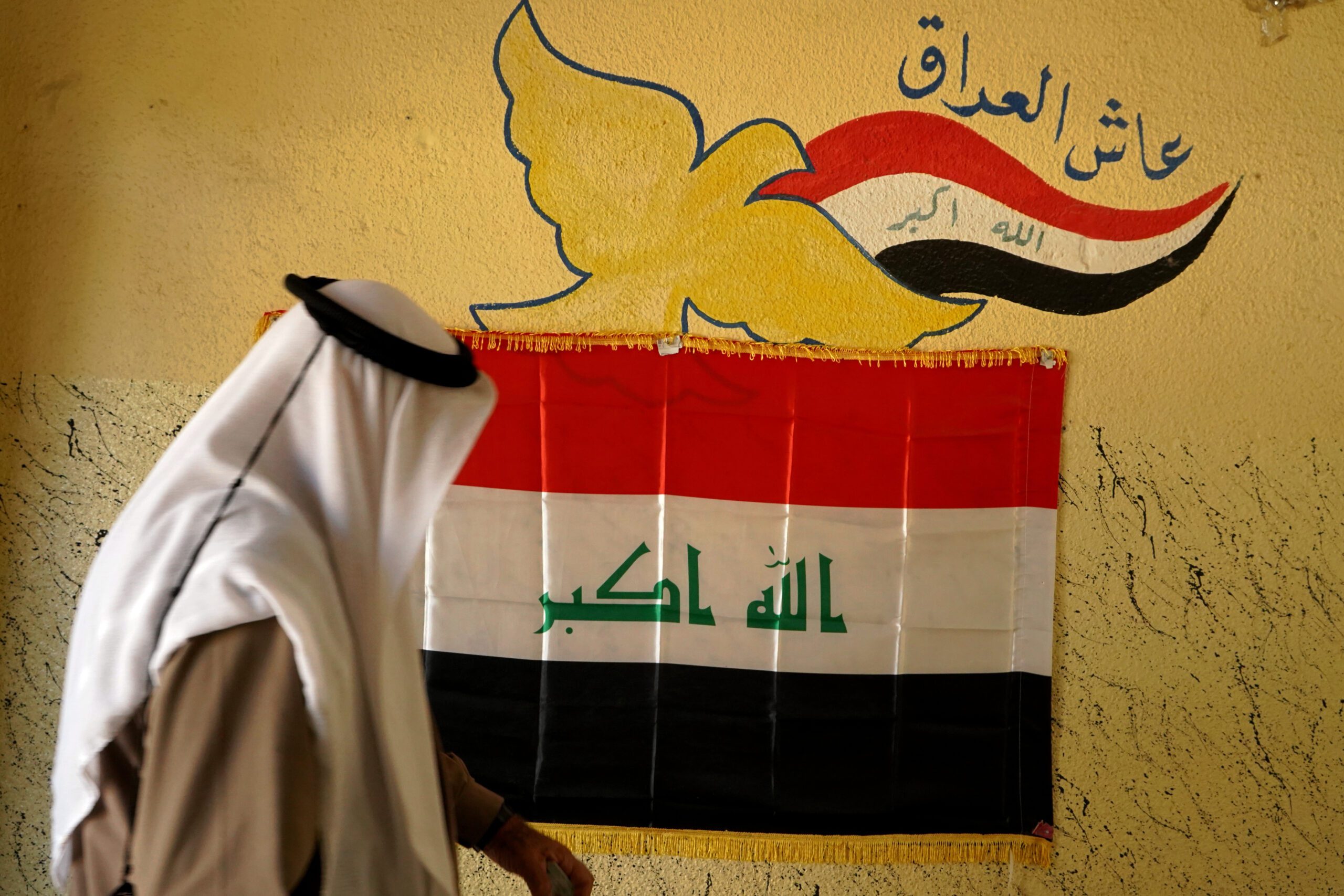
The official turnout in Iraq’s October 10 parliamentary has been reported at 41% of registered voters – a record low since elections began in 2005. Some Iraqis deliberately boycotted as a statement against the political system, which many believe is corrupt and illegitimate. Others simply stayed home out of pure apathy.
Based upon preliminary results with 94% of the votes counted, according to the Independent High Electoral Commission of Iraq, the protest movement, comprised primarily of young Iraqis, has made a significant impact. This strong message indicating a lack of faith in the system and government is emblematic of the many surprises emerging from the polls, suggesting a shift away from established party politics or at the very least a move toward a more inclusive political system.
First, the coalition headed by Muqtada al-Sadr, the Shia cleric who battled the U.S.-led coalition during the post-2003 occupation, appears to have won at least 70 seats in the 329-seat Parliament. Sadr’s coalition got about 20 more seats than it won in the 2018 elections, according to the preliminary results. Although opinion polls showed his bloc was likely to win, its margin of victory is larger than expected.
Second, the parties comprised of leaders from the October 2019 protest movement, known as Tishreen, won at least a dozen seats. Independent candidates, many of whom are aligned with Tishreen, secured an estimated 30 seats. This was the first time independent candidates won – an indication that the protest movement has changed the political landscape. The Tishreen movement also championed women’s rights and a record 97 seats went to women across Iraq.
Third, and perhaps most surprising, the dominant Iranian-backed Fatah Alliance, which is led by the militia commander Hadi al-Amiri, did poorly. Fatah holds 48 seats in the current Parliament but could now be left with about 12 seats, according to results compiled by AFP.
One of the demands of the protest movement was for an end to Iranian influence in Iraq. In turn, some protesters lost their lives, as Iranian-backed Shia militias, with help from Iraq’s security forces, killed some demonstrators, kidnapped others, and intimidated young candidates trying to compete in the elections. Security forces and militia members killed more than 600 unarmed protesters between the start of the October 2019 demonstrations and January 2020, according to human rights groups.
Fatah’s unsuccessful campaign could either decrease Iranian influence in Iraq or further complicate the Iraqi government’s balancing act between the United States and Iran on Iraqi soil. Several militias are led by politicians, such as Amiri. Both the militias and their leaders attained power in Iraq after the defeat of the Islamic State in Iraq and the Levant in 2014. Through their defeat of ISIL, the militias gained Iraqi popular support and have seemed to be riding on this wave of indebtedness since.
In his victory speech on October 11, Sadr addressed the issue of Iranian and U.S. presence in Iraq, saying, “We welcome all embassies that do not interfere in Iraq’s internal affairs.” Sadr has consistently opposed foreign intervention in Iraq. He has remained a steadfast opponent of the United States, but his relations with Iran’s clerical leadership have peaked and declined. As the head of the coalition with the most seats, Sadr will have a large say in the formation of the next Iraqi government and the selection of a prime minister.
As for the protest movement, in some cities, Tishreen candidates won a majority of seats. In the holy Shia center of Najaf, Tishreen candidates won all five seats. In Nasiriyah, a hub for the movement, Tishreen candidates took a majority of seats. The Imtidad Movement, which is comprised of protesters, seemed to win the most seats of any party affiliated with Tishreen. Another young party that did well is Ishraqat Kanoon, which is comprised of Islamist-oriented demonstrators. These victories are not only larger than expected, they will surely add momentum to the movement. Given how well candidates affiliated with the protest movement performed, some in the movement who called for an election boycott may now regret that call. In addition, coalitions such as that of the Sadrists benefited from getting a majority of their supporters to vote, while many among their opponents boycotted and stayed home.
In any case, “It makes a difference for people in these cities and supporters of the October Movement,” Ruba al-Hassani, a young Iraqi scholar who is a postdoctoral research associate at the University of Lancaster in the United Kingdom, said in an interview. “It gives them a sliver of hope, or moment of optimism, that their mobilization and sacrifices did not go to waste.”
In Iraqi elections, the actual voting is only the first step in the process. Over the coming weeks, Sadr and his bloc will negotiate with the other coalitions to form a government and select a prime minister. The current prime minister, Mustafa al-Kadhimi, has expressed a desire to stay in power. He is considered the United States’ preferred candidate for the post. And, although he differs with Sadr on many issues, he has negotiated with Sadr for several months behind the scenes, anticipating the Sadr coalition’s victory in the polls, according to Iraqi analysts based in Baghdad. “If the Sadrists continue to give Kadhimi the green light, he may stay. This would validate the protest movement and boycotters, that nothing has changed,” said Hassani. Given the splits among Shia parties, the negotiations could be protracted. After the 2018 elections, it took months for the various parties to agree on a prime minister and new government.
As the government formation process unfolds, unrest could erupt. Shia parties affiliated with Iranian-backed militias, including Fatah, which did not do well in the polls, are already calling the elections a “scam.” They have vowed to challenge the results. It is unclear whether this will matter. It is also possible that the somewhat unpredictable Iraqi government formation process could end up favoring these underperforming parties, in a coalition with Sadr’s list.
Protest leaders, too, have vowed more demonstrations on a large scale if they believe the process of forming the next government is rigged or does not include their agenda for change. “Will the protest movement succeed in building the opposition?” Balsam Mustafa, an Iraqi academic and commentator asked, also questioning whether the established parties would “meet the protesters’ demands.” He said, “The likelihood of a protest movement taking place in the future will depend on all of this.”
Regardless of the political jockeying and maneuvering to come, the elections that many in Iraq and the mainstream media wrote off as more of the same for retaining the status quo of Shia established parties, in fact, reflect several shifts that could make the government more accountable to its citizens in the long term and more inclusive for those who have never had a voice. The polls show that a determined young generation can organize and win seats, no matter the obstacles placed in the way by a political system most Iraqis lost faith in long ago.
The views represented herein are the author's or speaker's own and do not necessarily reflect the views of AGSI, its staff, or its board of directors.
